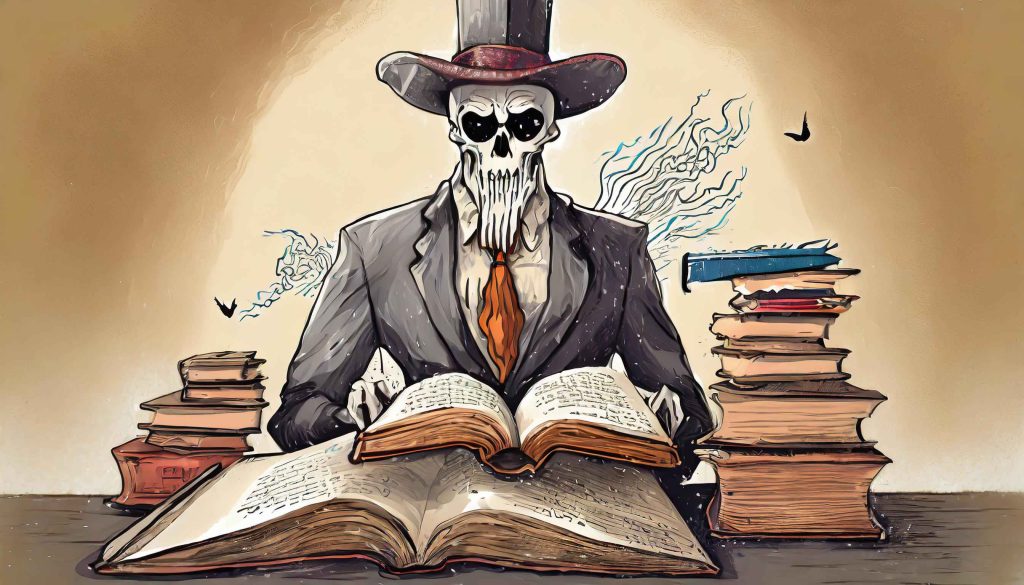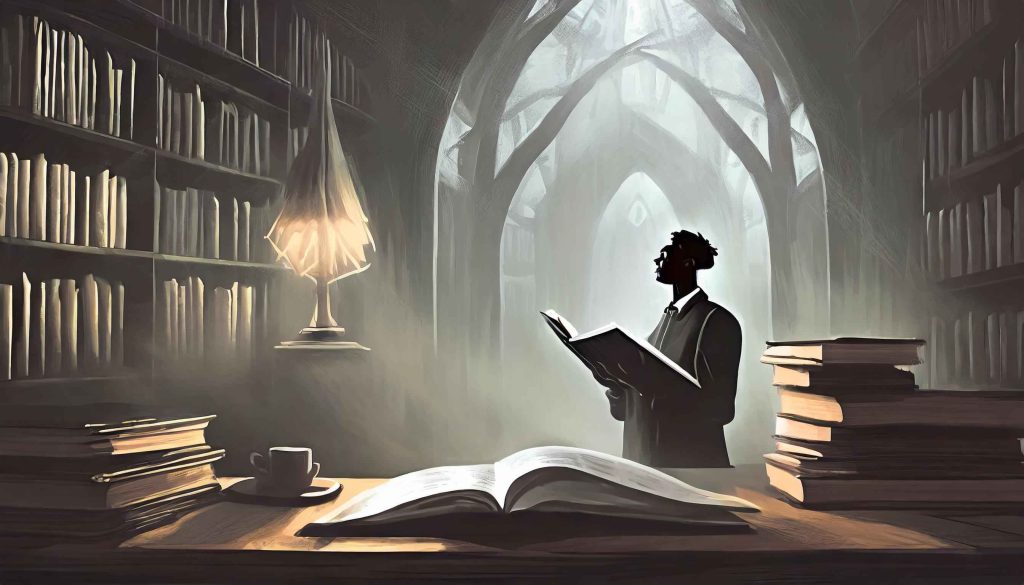Embarking on the enchanting venture of the Ghost-writing Confidential 2021 series, we dive into the essence of ghost-writing—an art often shrouded in mystery. This initial exploration aims to unwrap the layers around ghost-writing, delving into its historical tapestry, unfolding its nuanced evolution, and showcasing its powerful role in the modern canvas of success.
Defining Ghost-writing in a Contemporary World
At its core, ghost-writing is the silent engine behind expressive endeavours. Broadly speaking, the traditional view sees it as a shadowed partnership where a scribe crafts prose, narratives, or speeches, ascribing the credit to another entity—be it an individual, a consortium, or corporations. Today, however, ghost-writing is unmasking itself, transforming into a symbiosis of talents and desires that enrich both the ghost and the author they serve.

From Concealed Craft to Celebrated Collaboration
Historically, ghost-writing has painted with unseen strokes, much like the unnamed scribes of antiquity who collectively composed epics or the committees that penned religious doctrines without thought of ownership. The notion of individual authorship did not gain prominence until the Enlightenment, fueling a culture wherein every work sought a single author’s name.
The narrative is shifting. Gone are the days when a ghost’s touch on a manuscript was the literary world’s best-kept secret. Modern ghostwriting is a celebrated joining of forces with all the tools available—a blend of discreet guidance, creative partnership, and mutual respect. As the ghost’s role becomes more transparent, the stigma dissipates, giving rise to a thriving professional landscape.
Scaling the Heights with a Phantom Companion
Engaging a ghostwriter manages to be both a beacon for the overwhelmed and a secret weapon for the idea-rich but time-poor visionary. With a ghostwriter, writing a book, which might once have seemed a mountainous task, transforms into an invigorating climb. The professional ghost is an ally, an empathetic ear, and a sculptor of raw thoughts, turning the complex and nebulous into the clear and compelling.

Ghost-writing as a Stepping Stone to Greater Horizons
The silent partners of writing span various domains and styles—planting their roots in journalism, germinating thoughts in personal memoirs, and blooming in novels. The craft extends voraciously into songwriting, the dramaturgy of screenplays, and the meticulous science of academic papers. Ghostwriters are the unseen architects of much-adored works, the unsung heroes whose anonymity veils a legacy of influence.
The Utilities of a Ghost’s Invisible Ink
Authors and visionaries engage ghostwriters for myriad reasons—they may lack time or find the prospect daunting to translate their voice onto the page. Public figures seek eloquence and clarity, while celebrities may find personal memoirs as conduits for connection and revenue.
The Business of Being a Ghost
Ghost-writing is not just a service; it is a vocation where one’s mastery is melded into another’s voice. It offers financial and professional gratification where creators blend into a diverse array of voices and narratives. The career path involves honing one’s craft, understanding disparate voices, and eventually commanding a fee commensurate with the ghost’s invisibility and influence.

The Path of the Apparitional Author
Becoming a ghostwriter is a unique journey, starting with a bedrock of proven writing ability through a portfolio and often through connections within the literary world. Opportunities abound—be it in freelance platforms, collaborative partnerships, or within the flourishing landscape of self-publishing.
The Echoes of Ghostwritten Words
Examples of ghost-writing span beyond the secretive to touchstones of literature and self-improvement, proving that behind many a masterpiece, a ghost might just be the quiet pulse. From Dumas’s swashbuckling tales to Patterson’s prolific volumes, ghostwriters have been integral to storytelling’s evolution.
In this new light, ghost-writing is a testament to the collective spirit of creation—a dance between unseen hands and public pens, a relationship where every whispered word by the ghost carves a legacy of shared success.
As we commence this journey through the Ghost-writing Confidential, may we appreciate the veiled virtuosos and acknowledge ghost-writing not as a clandestine corner of creation but as a realm where the silent scribes and the named narrators compose the future of literature and idea-sharing in unison.













